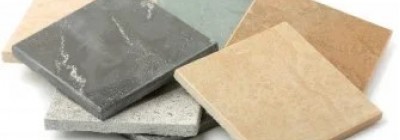
Onice Nero marble is a type of marble quarried in Italy, Spain, and Brazil. It is known for its deep black base color with striking white and grey veins. The marble is available in a variety of finishes, including polished, honed, and tumbled.
Onice Nero marble is a popular choice for a variety of applications, both indoors and outdoors. It is often used for countertops, backsplashes, and flooring. The marble can also be used for sculptures, fountains, and other decorative applications.
Here are some of the key characteristics of Onice Nero marble:
- Color: Deep black base color with striking white and grey veins
- Origin: Italy, Spain, and Brazil
- Uses: Countertops, backsplashes, flooring, sculptures, fountains, and other decorative applications
Onice Nero marble is a beautiful and versatile stone that can add elegance and sophistication to any space. It is a popular choice for contemporary and modern design styles.
Here are some specific examples of how Onice Nero marble can be used in your home:
- Countertops: Onice Nero countertops are a stunning and unique way to add a touch of luxury to your kitchen or bathroom. They are also very durable and easy to clean.
- Backsplashes: Onice Nero backsplashes are a great way to add interest and depth to your kitchen or bathroom. They can also help to protect your walls from stains and spills.
- Flooring: Onice Nero flooring is a durable and stylish option for both indoor and outdoor use. It is available in a variety of finishes, including polished, honed, and tumbled.
- Sculptures: Onice Nero is a popular material for sculptures because it is strong and durable. It can be carved into a variety of shapes and sizes to create works of art.
Here are some tips for caring for Onice Nero marble:
- Wipe up spills immediately. Marble is susceptible to staining, so it is important to wipe up spills immediately with a damp cloth.
- Use a mild soap and water solution to clean marble. Avoid using harsh chemicals or abrasive cleaners, as they can damage the stone.
- Seal marble regularly. Sealing marble will help to protect it from stains and scratches.




Leave a Comment